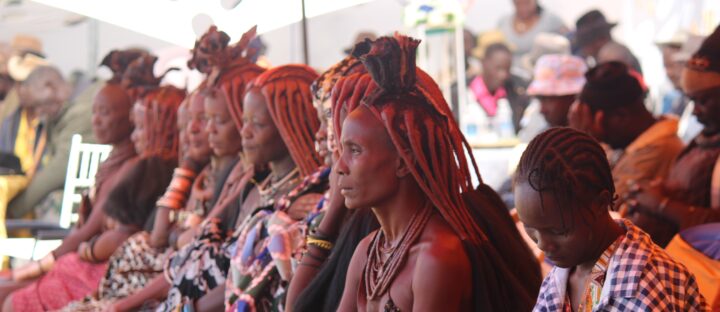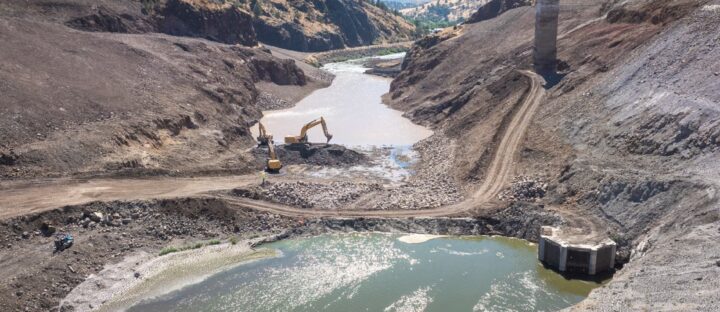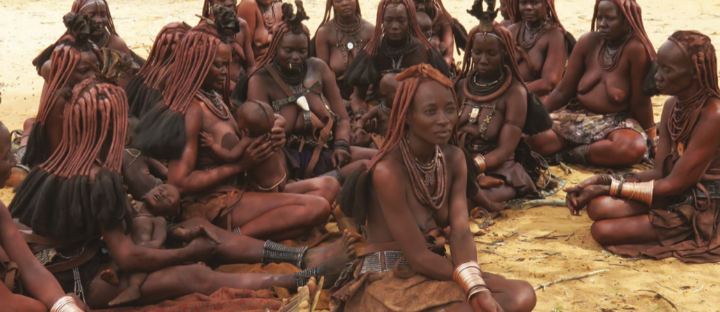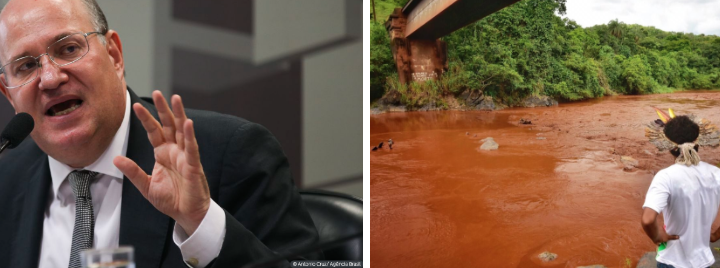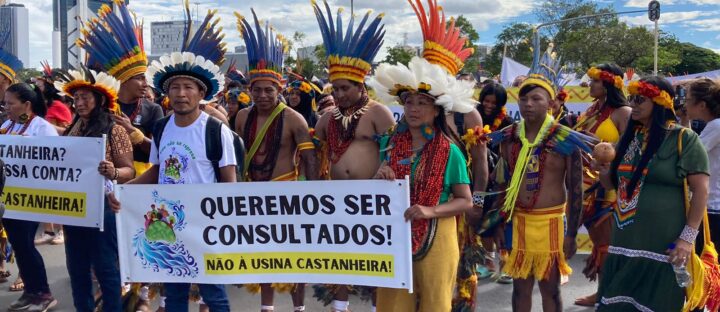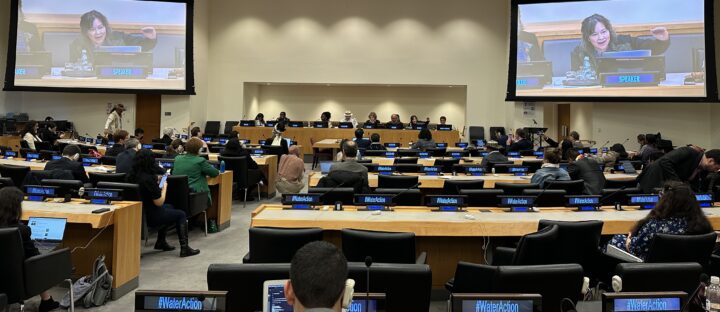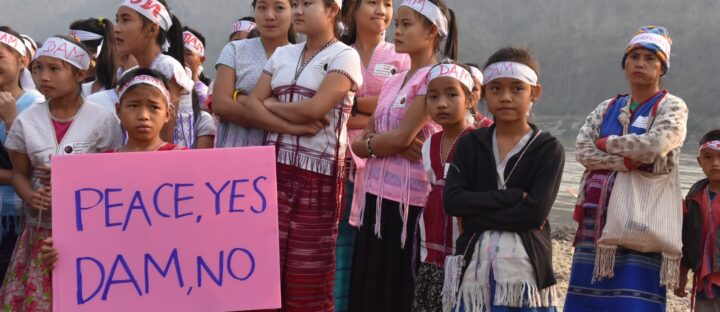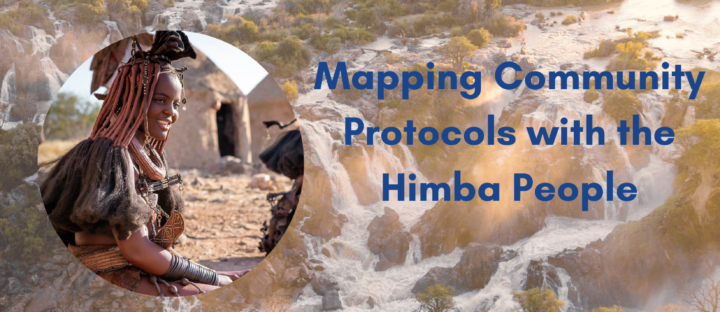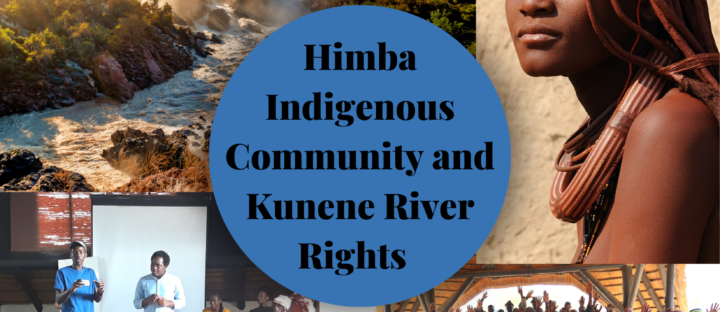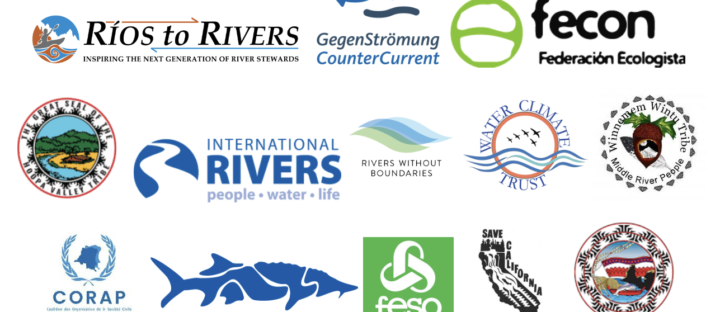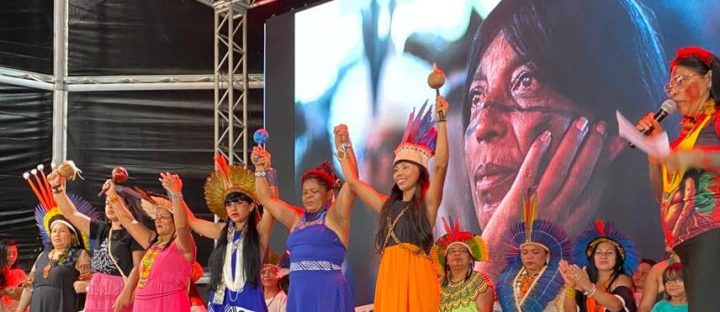by Sherelee Odayar, Senior Programme Officer, Standing with Communities, Natural Justice The Process of developing the Biocultural Community Protocol of the OvaHerero of the Kaokoland in Namibia and Angola For centuries, Indigenous peoples have depended on the natural environment to sustain their livelihoods. Knowledge of plants and animals, as well as the performance of certain…
Read MorePRESS RELEASE | Klamath River Runs Free for First Time in a Century as Largest Dam Removal in US History Nears Completion
Tribal and conservation advocates celebrate as river is returned to historic channel; restoration activities to continue for several more years FOR IMMEDIATE RELEASE: August 28, 2024 CONTACT Ren Brownell, ren@klamathrenewal.org, KRRC PIO, 530-598-8255Craig Tucker, craig@suitsandsigns.com, Consultant for the Karuk Tribe 916-207-8294Matt Mais, mmais@yuroktribe.nsn.us, PR Director for the Yurok Tribe 707-954-0976 Klamath River Renewal Corporation • Karuk Tribe • Yurok Tribe • American…
Read MorePRESS RELEASE | Biocultural Community Protocol (BCP) of the OvaHerero of the Kaokoland in Angola and Namibia (the Ovahimba) gives recognition to Indigenous Peoples
FOR IMMEDIATE RELEASE – June 12, 2024 Karipetua Uarije, representative of the OvaHerero Biocultural Community Protocol Custodian Committee, kuarije@yahoo.com Natasha Prince, Natural Justice, natasha@naturaljustice.org Siziwe Mota, International Rivers, smota@internationalrivers.org Opuwo, Namibia – The first written Biocultural Community Protocol (BCP) of the OvaHerero peoples of the Kaokoland in Namibia and Angola, capturing their history, cultural practices, and traditions,…
Read MoreCivil Society Organizations continue to call for more effective consultation processes from the Inter-American Development Bank
Yesterday, International Rivers joined organizations from Latin America and the United States with a new open letter to the president of the Inter-American Development Bank (IDB), Ilan Goldfajn. The letter repeated the calls for the Bank to improve the quality of the consultation processes by addressing the group’s recommendations presented in previous letters. “(…) we…
Read MoreIndigenous leaders discuss rights and river protections at the Terra Livre Camp
By Flávio Montiel, International Rivers’ Brazil Manager Brasília, April 25, 2023 – 19 years ago, 300 indigenous leaders held the first Terra Livre Camp (ATL) in Brasilia. It was the first important step of national mobilization, which led to the creation of the Articulação dos Povos Indigenas do Brasil (APIB). This week in Brasilia, amongst…
Read MoreWATCH: International Rivers’ Monti Aguirre speaks about protecting rivers and human rights at UN Water Conference
Monti Aguirre, International Rivers’ Latin America Program Director spoke at the Informal Special Event – Reducing inequalities – implementing Human Rights about the harmful impacts dams have on human rights especially the rights of Indigenous Peoples. Watch here on International Rivers’ YouTube channel Read her full statement: “I am grateful to the organizers of this…
Read MoreFree-flowing Salween River needs protection
Originally posted in the Bangkok Post By Pianporn (Pai) Deetes, Thailand and Myanmar Campaigns Director of International Rivers This morning at Sob Moei — the confluence of the Moei and the Salween rivers on the Thailand-Myanmar border — indigenous peoples and their supporters are attending a spiritual ceremony to express their collective stance to protect…
Read MoreMapping Community Protocols with Himba Leaders – Part Two
By Aqeelah Hassen, Africa Program Communications and Campaigner International Rivers, Natural Justice, Himba community committee members and two researchers from the Kunene region convened in Windhoek, Namibia for the second Community Protocol workshop last August. The workshop started with a recap of the purpose of the Community Protocol and then focused on preparing committee members…
Read MoreProtecting Rights of the Himba Indigenous Community and Kunene River through Community Protocols
by Siziwe Mota, International Rivers Africa Program Director of International Rivers and introduction by Nalori Chakma, South Asia Senior Programme Coordinator, Transboundary Rivers of South Asia Introduction Globally, Indigenous rights to self-determination in relation to their rights to lands, territories and resources have been gaining support and attention at different levels. However, despite this a…
Read MorePress Release | COP27: Groups warn of severe climate and human rights risk of new hydropower dams and schemes
Dams and hydropower schemes create major loss and damage, including producing significant amounts of methane, biodiversity loss, and community displacement. In a warming world, droughts and flooding make hydropower an unreliable energy choice and an increasing danger to downstream communities. An urgent shift away from false solutions that harm people and ecosystems is essential. For…
Read MoreInternational Rivers joins Acampamento Terra Livre, “Free Land Camp” event in Brasília
By Flavio Montiel – Interim Director International Rivers – Brazil Brasília (DF) – International Rivers is actively participating in the Acampamento Terra Livre (ATL) in Brasília, which has been taking place since April 4 and will continue until tomorrow, April 14. The ATL brings together more than 6,000 indigenous people from 200 ethnic groups from…
Read More
